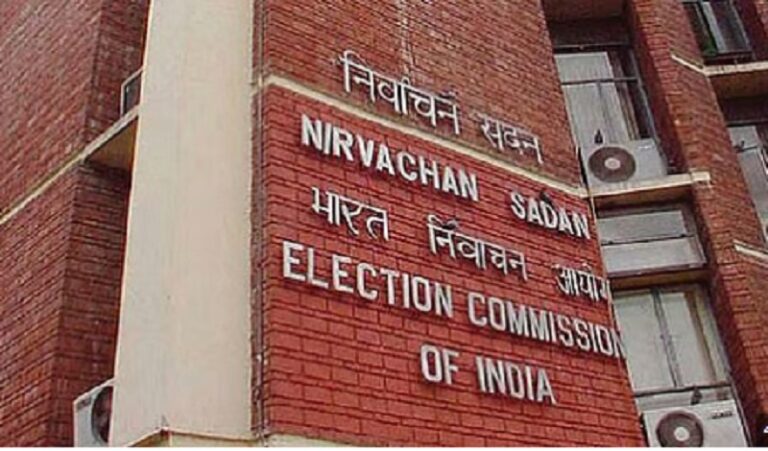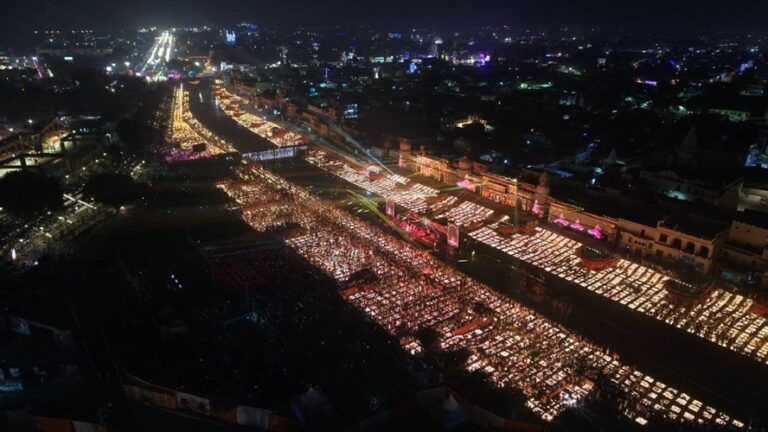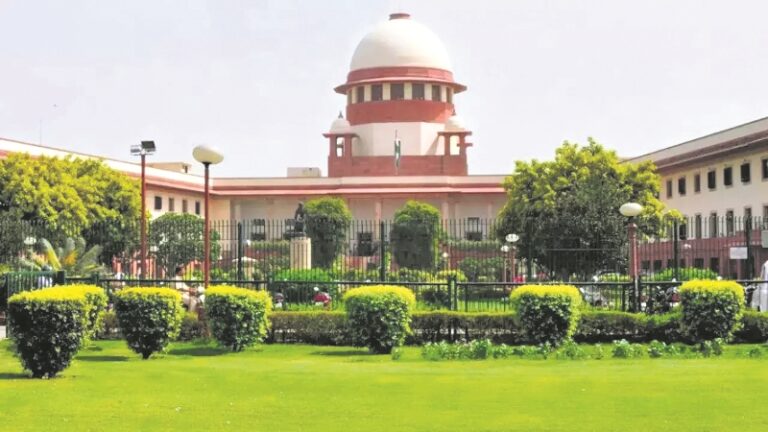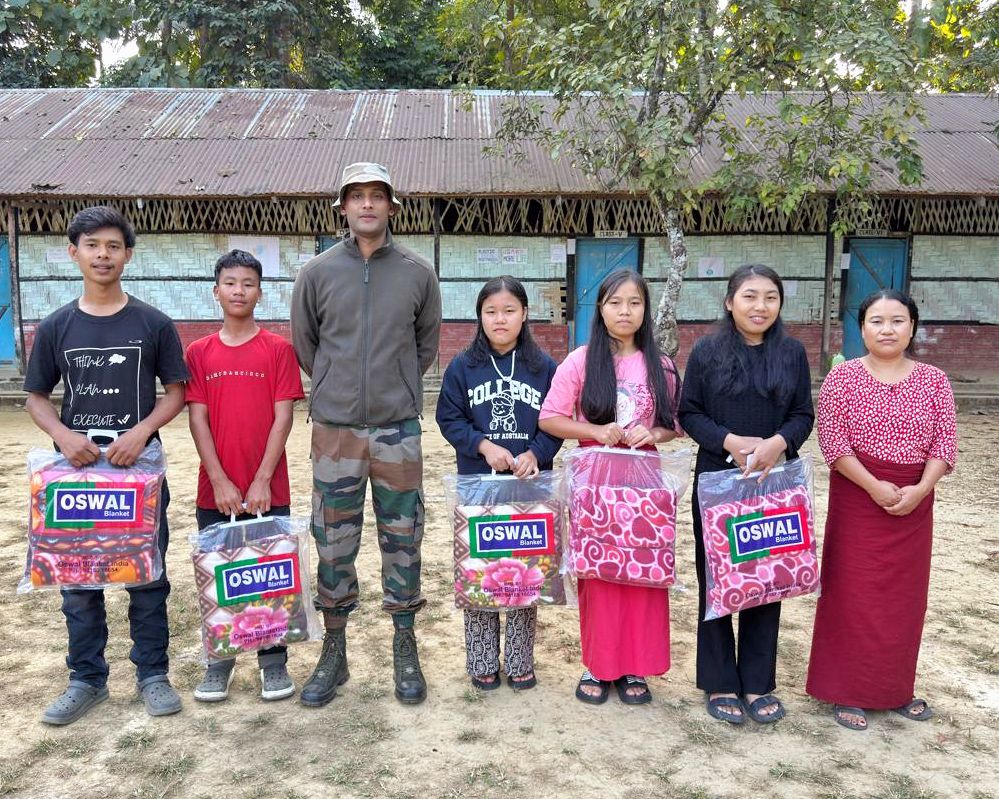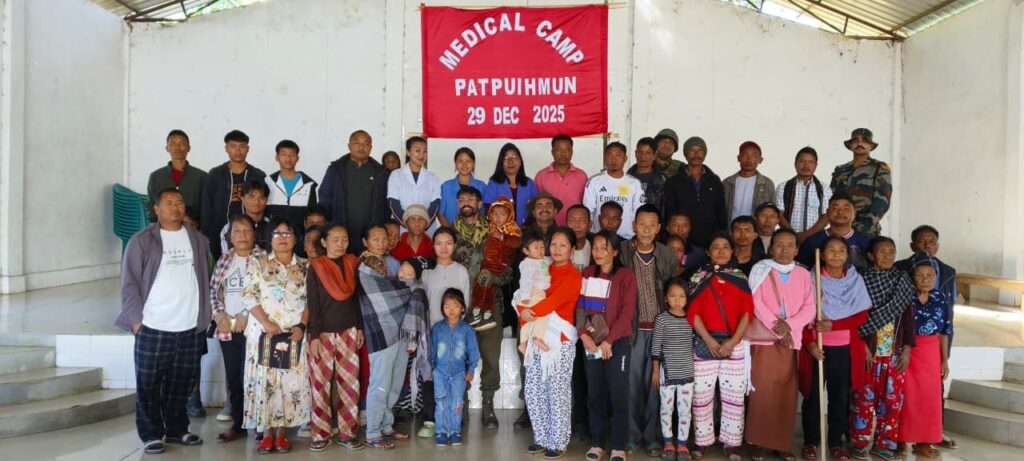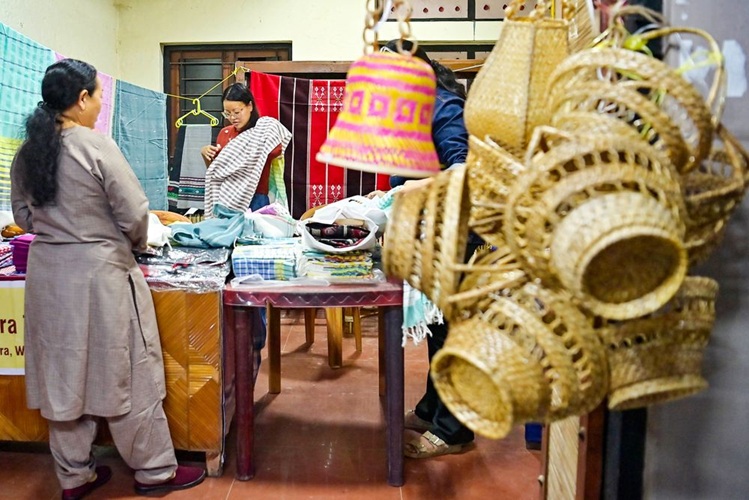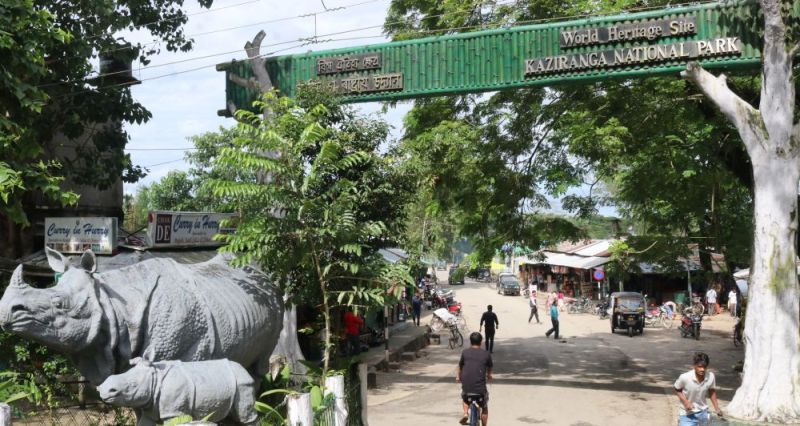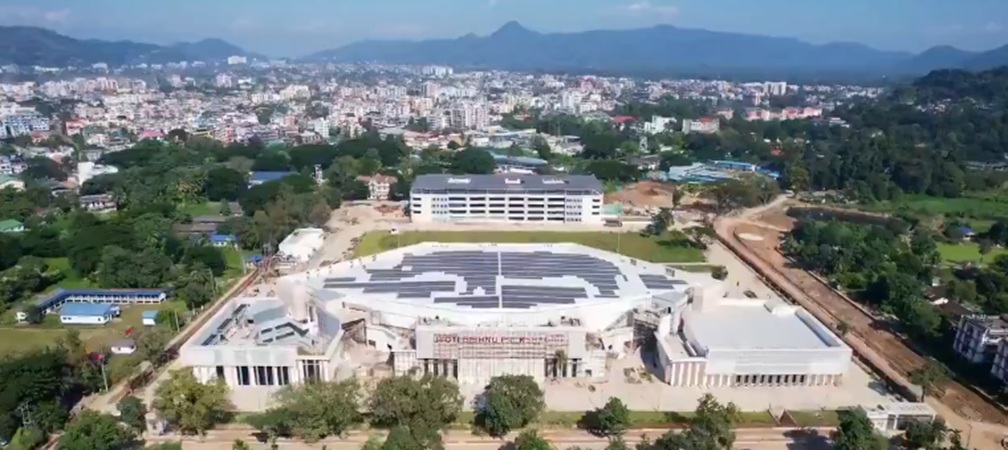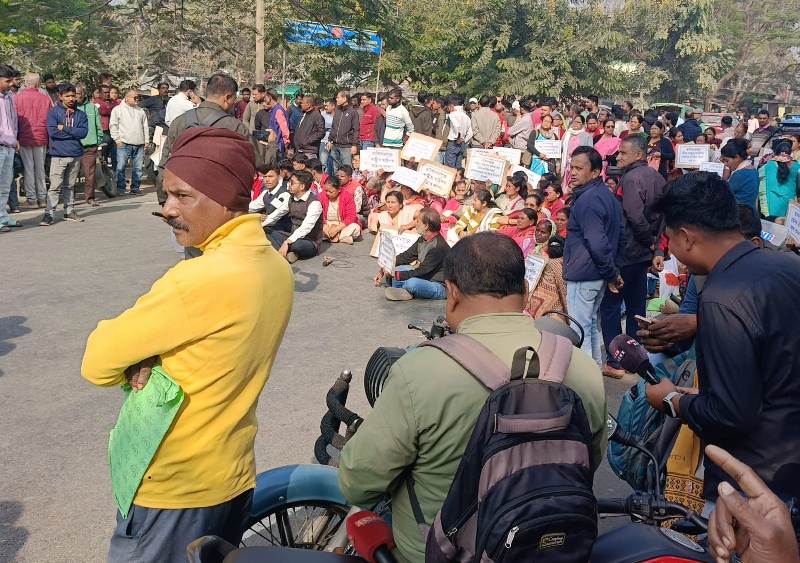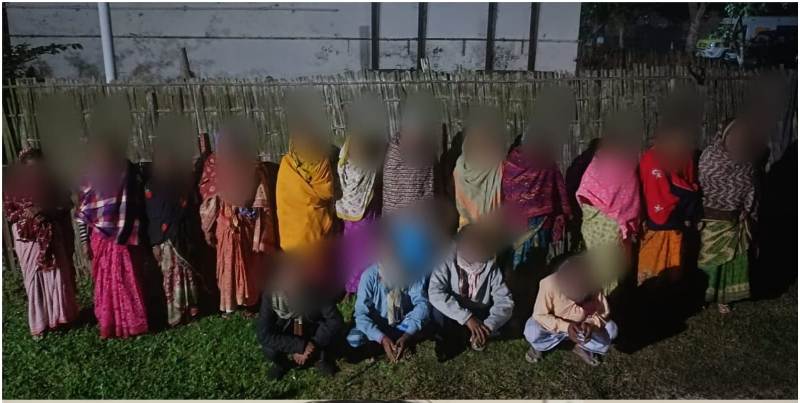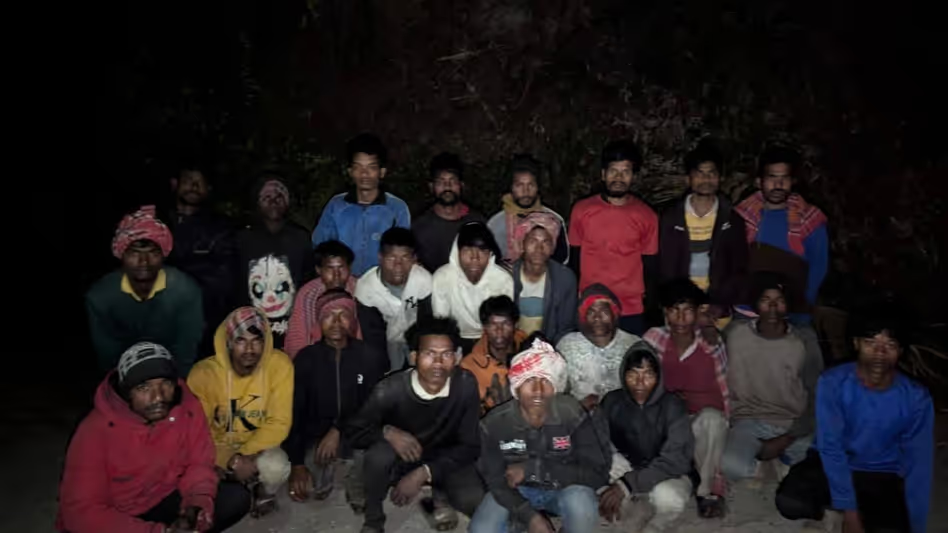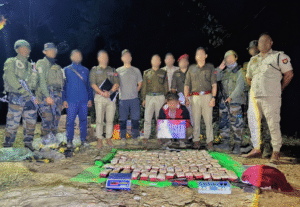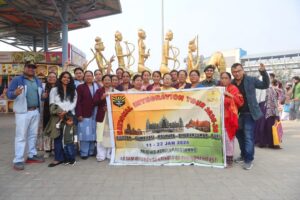Amit Shah asserted that infiltration has been successfully halted in BJP-ruled Assam, but it continues unabated in West Bengal due to political patronage, which he described as a “red carpet welcome” for illegal immigrants. Addressing a media conclave in Patna, Shah criticized the West Bengal government for allegedly facilitating the entry of infiltrators, contrasting it with Assam’s situation where border security measures have been effective. He emphasized that dense forests, rivers, and topographical challenges make fencing and vigilance difficult along the Bangladesh border, which he said hampers security efforts.
Shah also linked the rise in the Muslim population in border states to infiltration, citing data from the 2011 Census. He claimed that the Muslim population in Assam increased by 29.6% in ten years, which he argued could not happen without infiltration, especially in districts where growth rates have reached up to 70%. He further accused political parties of treating infiltrators as a “vote bank,” and warned that continued illegal immigration would convert India into a “Dharamshala” for infiltrators.
Additionally, Shah reiterated the Centre’s “Detect, Delete, and Deport” policy aimed at eliminating infiltrators from the voter lists and deporting them. He criticized opposition parties for objecting to electoral roll revisions and underscored the importance of border security, stating that geographical challenges, like floods and dense forests, complicate fencing and patrols along the Bangladesh border.
The controversy over infiltration remains a key political issue, especially ahead of upcoming elections in West Bengal, where Shah called on voters to oust Chief Minister Mamata Banerjee to ensure a “drive out every infiltrator” campaign is successful.
This summary integrates information from recent web sources, providing a detailed overview of Amit Shah’s claims and the ongoing political debate around infiltration and border security.




